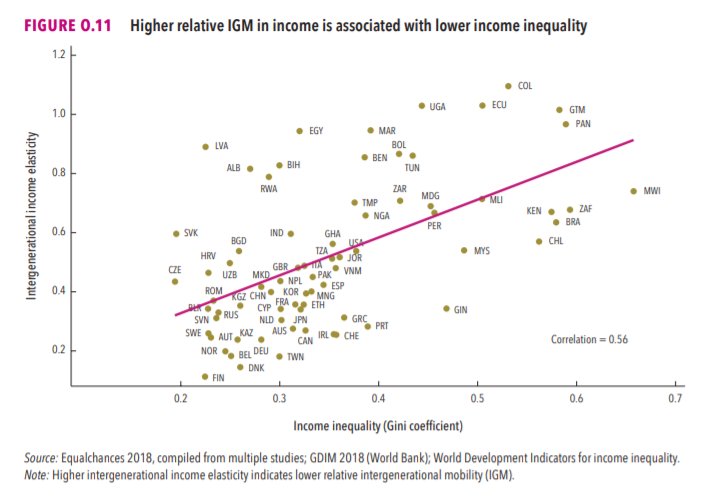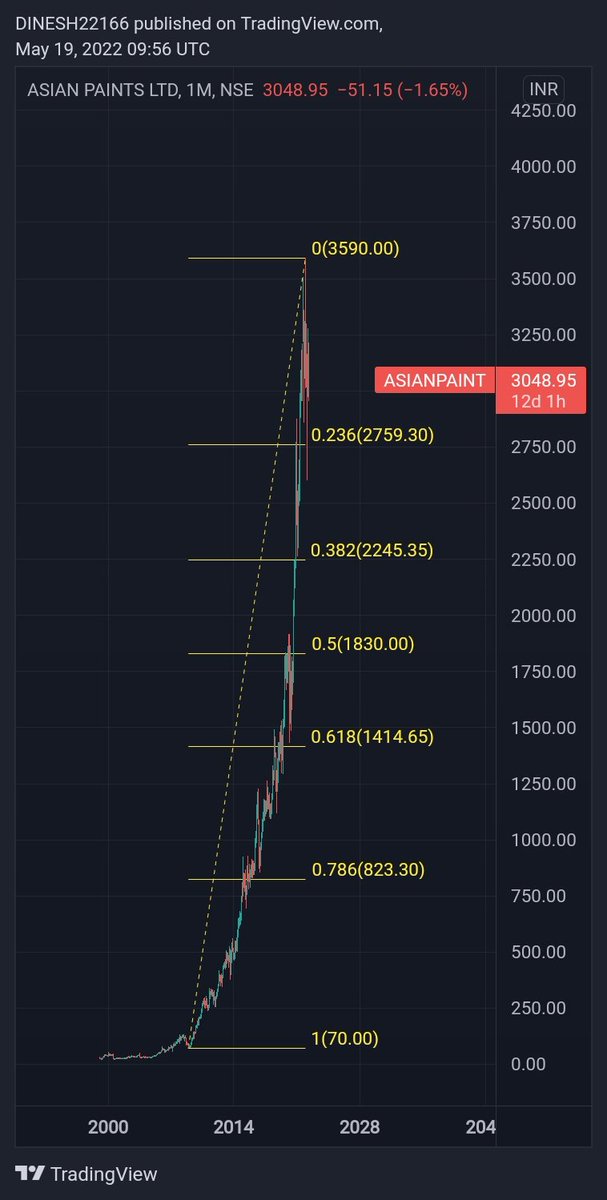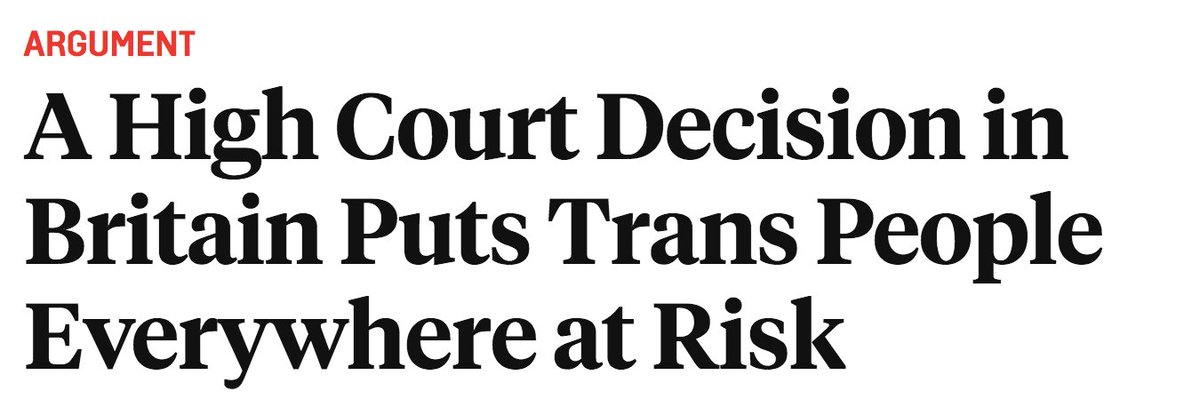#LTTS-4947
Near to objective 4.618%(4966)
#Probability
#LTTS-4530
— Waves_Perception(Dinesh Patel) Stock Market FARMER (@idineshptl) September 14, 2021
Near to
4.236%(4637)
And
4.618%(4966)#Probability https://t.co/HucHFRRI3B pic.twitter.com/6Ete7iKlbM
More from Waves_Perception(Dinesh Patel) Stock Market FARMER
#IEX -393
Objective is to move higher towards
3.618% - 4.236% and 4.618%
#Probability
Objective is to move higher towards
3.618% - 4.236% and 4.618%
#Probability
#IEX
— MaRkET WaVES (DINESH PATEL ) Stock Market FARMER (@idineshptl) April 20, 2021
On sustain rise above 347 upside shown in chart up to 4.618%(521)
And 6.857%(718).
View valid till 233 not violated. @UdayJad39389920 pic.twitter.com/I2MoPlwXRW
More from Ltts
You May Also Like
1/OK, data mystery time.
This New York Times feature shows China with a Gini Index of less than 30, which would make it more equal than Canada, France, or the Netherlands. https://t.co/g3Sv6DZTDE
That's weird. Income inequality in China is legendary.
Let's check this number.
2/The New York Times cites the World Bank's recent report, "Fair Progress? Economic Mobility across Generations Around the World".
The report is available here:
3/The World Bank report has a graph in which it appears to show the same value for China's Gini - under 0.3.
The graph cites the World Development Indicators as its source for the income inequality data.

4/The World Development Indicators are available at the World Bank's website.
Here's the Gini index: https://t.co/MvylQzpX6A
It looks as if the latest estimate for China's Gini is 42.2.
That estimate is from 2012.
5/A Gini of 42.2 would put China in the same neighborhood as the U.S., whose Gini was estimated at 41 in 2013.
I can't find the <30 number anywhere. The only other estimate in the tables for China is from 2008, when it was estimated at 42.8.
This New York Times feature shows China with a Gini Index of less than 30, which would make it more equal than Canada, France, or the Netherlands. https://t.co/g3Sv6DZTDE
That's weird. Income inequality in China is legendary.
Let's check this number.
2/The New York Times cites the World Bank's recent report, "Fair Progress? Economic Mobility across Generations Around the World".
The report is available here:
3/The World Bank report has a graph in which it appears to show the same value for China's Gini - under 0.3.
The graph cites the World Development Indicators as its source for the income inequality data.

4/The World Development Indicators are available at the World Bank's website.
Here's the Gini index: https://t.co/MvylQzpX6A
It looks as if the latest estimate for China's Gini is 42.2.
That estimate is from 2012.
5/A Gini of 42.2 would put China in the same neighborhood as the U.S., whose Gini was estimated at 41 in 2013.
I can't find the <30 number anywhere. The only other estimate in the tables for China is from 2008, when it was estimated at 42.8.






















